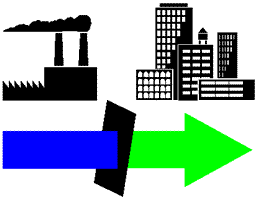Wastewater Laws and Regulations
Laws
SC Pollution Control Act
The SC Pollution Control Act (PCA) is the basis of South Carolina's water pollution control and water quality protection programs. It establishes the Department of Health and Environmental Control (Department) as the state agency responsible for environmental matters. The law empowers the Department to hold hearings, promulgate regulations, require permits, conduct monitoring, and take enforcement actions among other things.


